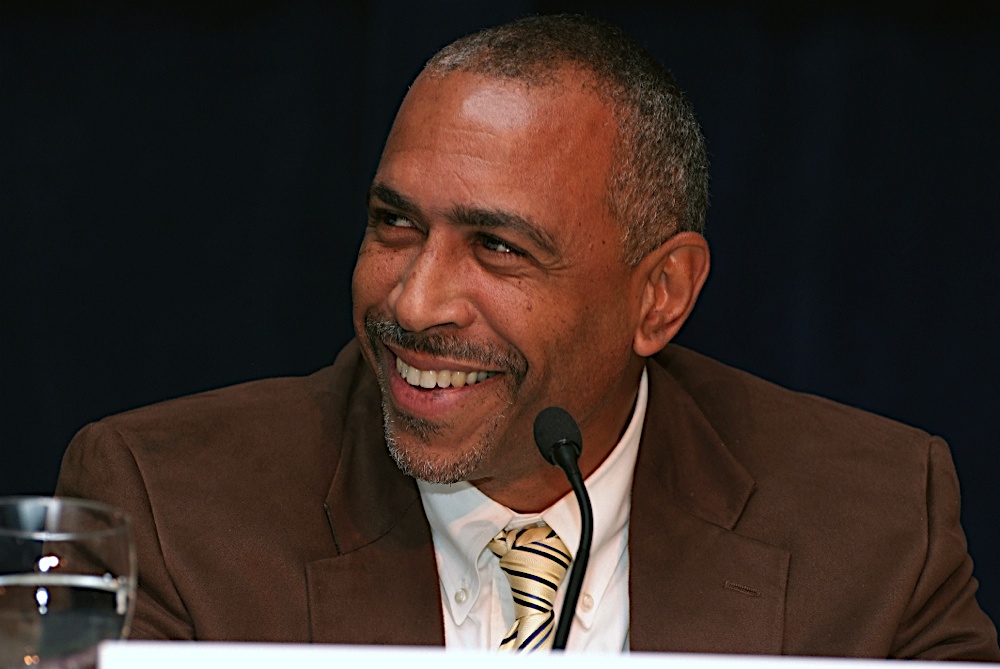Charter Schools' Role in Strengthening Public Education
Dear Deb,
I would like to take our conversation about reform in a slightly different direction and wade into an area of controversy that is dividing educators and communities throughout the country. What role do you think charter schools can and should play in advancing the reform and renewal of public education?
As you know, several progressive educators, including our good friend Ted Sizer who founded a charter school with his wife Nancy (Francis W. Parker School), saw charter schools as offering the potential for innovative practices that could not be as easily implemented in public schools. The impetus for creating charters was not anti-union, at least not for these educators. The goal was to create schools where teachers would have greater say in how schools were managed, that could be less rigid with respect to curriculum and teaching, and more responsive to the learning needs of students.
A quote from Sizer's Horace's Compromise may be helpful in reminding us of that goal:
I would like to take our conversation about reform in a slightly different direction and wade into an area of controversy that is dividing educators and communities throughout the country. What role do you think charter schools can and should play in advancing the reform and renewal of public education?
As you know, several progressive educators, including our good friend Ted Sizer who founded a charter school with his wife Nancy (Francis W. Parker School), saw charter schools as offering the potential for innovative practices that could not be as easily implemented in public schools. The impetus for creating charters was not anti-union, at least not for these educators. The goal was to create schools where teachers would have greater say in how schools were managed, that could be less rigid with respect to curriculum and teaching, and more responsive to the learning needs of students.
A quote from Sizer's Horace's Compromise may be helpful in reminding us of that goal:
Teachers are rarely consulted, much less given significant authority, over the rules and regulations

